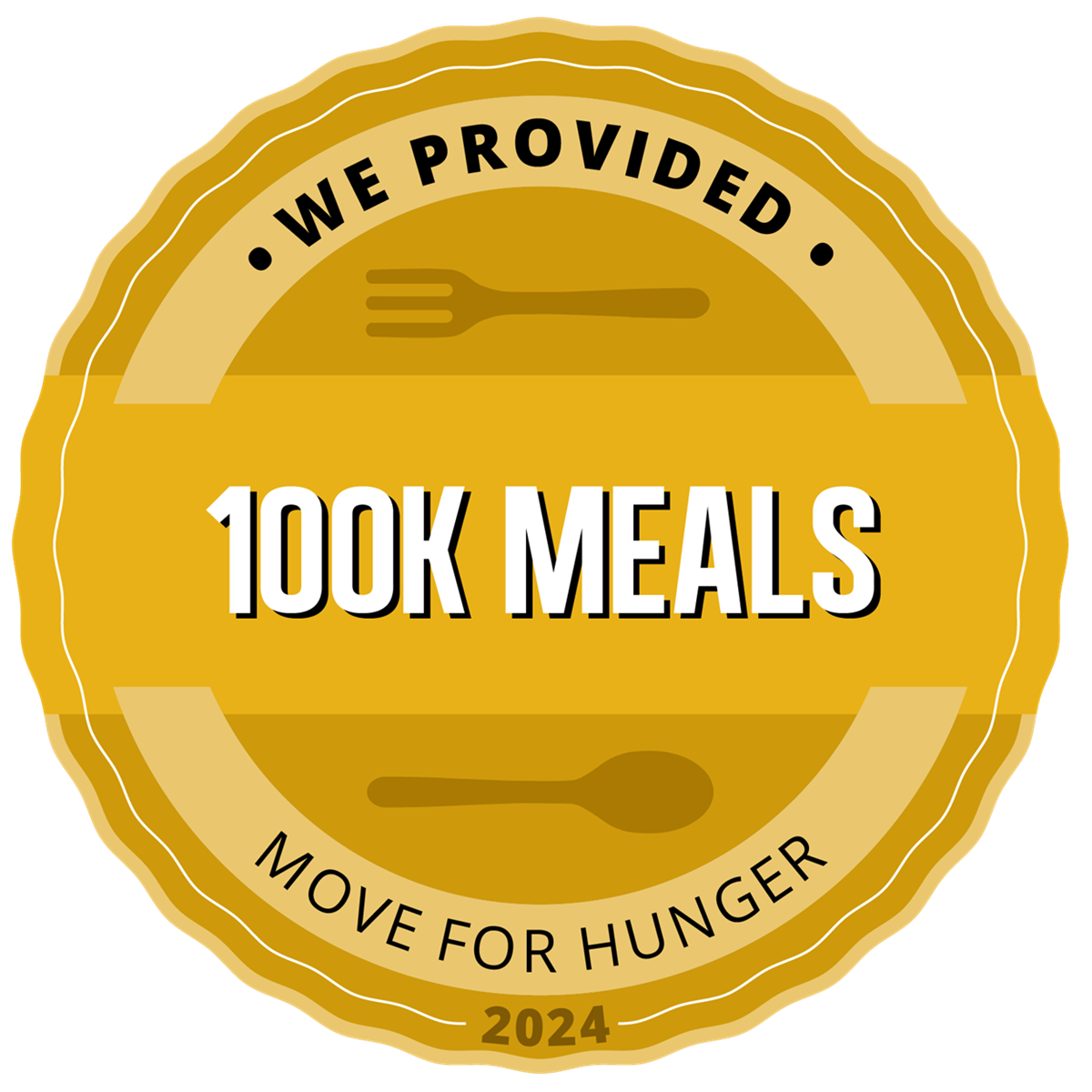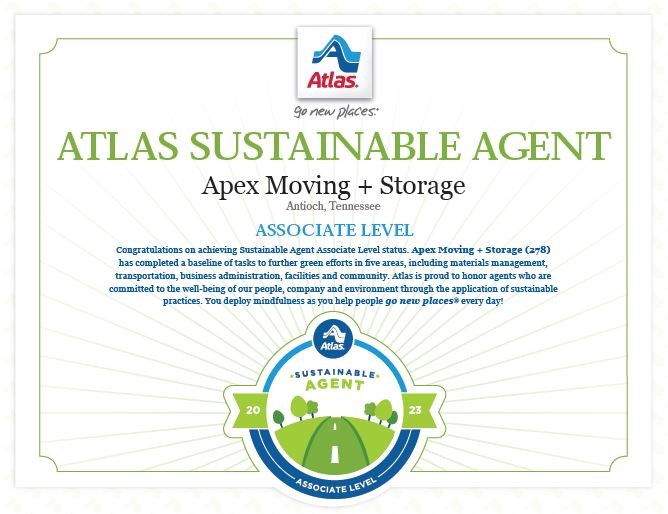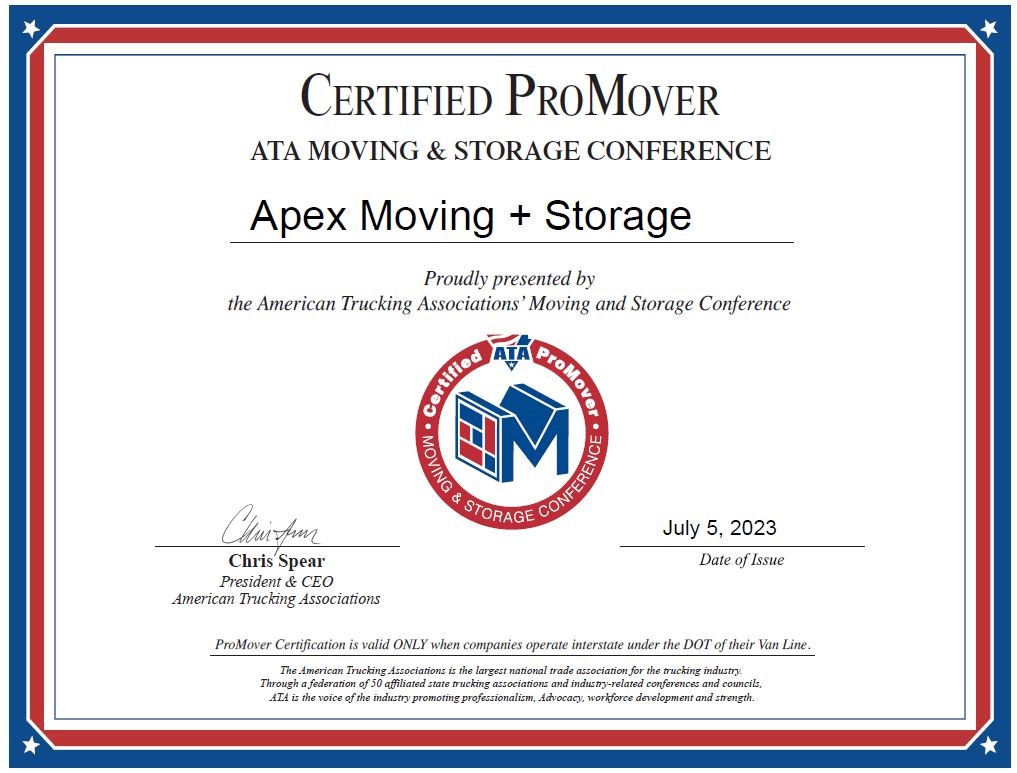
No matter the specific circumstances of a particular relocation scenario, moving is always hard. It’s a difficult, expensive, overwhelming, and stressful endeavor. Yet, if you have a good relocation strategy and plenty of time to plan your relocation tactics, your move may turn out quite smooth and successful.
So, if you have the chance of planning out your move far in advance, you’d be wise to take full advantage of it – plan every step of the relocation process so you’re well prepared for your big adventure, know what to expect, what to do, and how to do it, and can successfully avoid any unnecessary risks and rooky mistakes along the way.
But how to plan a move well? Where to even start? And when?
Here is the optimal time frame for planning a move, so you can ensure the happy end of your relocation adventure and keep stress at bay throughout the entire moving process:
When to start planning a move
So, you know that proper planning is key to a successful move. But just how much planning do you need to do? And how far in advance should you start planning your move so that you have enough time to consider every aspect of the complex relocation process and think out every little detail?
Both theory and practice prove that it’s best to start planning your move as early as possible – preferably from the moment you decide to make the big step and move someplace else. Yet, depending on a number of case-specific factors, your relocation planning may take anywhere between a month and a year:
Relocation distance – The further away you’re moving, the more meticulous planning your relocation is going to need and the earlier you’ll have to start devising your moving strategy. Planning a move across country will take much more time and deliberation than planning a move across town, of course – there are many more things to consider, paperwork to deal with, logistics to coordinate, and tasks to complete when moving long distance than when moving locally. Longer moves are quite complicated and, therefore, need to be planned and scheduled well in advance – at least a couple of months before the actual moving date;
Move size – The bigger your household, the longer it will take to prepare everything and everyone for moving, so the earlier you’ll have to start planning your relocation. If it’s just you or you and your partner, on the other hand, there will be fewer items to move and it won’t take much time to get packed and organized – in that case, you can start planning your relocation several weeks before your intended moving day. The complexity of the job, however, should also be taken into account – if you’re moving specialty items, anticipate obstacles at the pickup or delivery locations, or require extra moving services, it’ll be smart to plan your move further out;
Time of your move – If you’re moving during peak season (from May to September), you’re advised to start planning your relocation 3-4 months in advance as moving services are in high demand during this busy period. (See also: How to move in peak moving season)
To sum it up: When should you start planning your move? Several months ahead of your desired move date.
Where to start when planning to move
When contemplating a move, you need to do two crucial things first – ensure your financial security and gather as much information about your new area as possible:
One year before your move
Your first step in planning a move is to save money for your relocation – costs add up quickly when moving house and you need to be able to cover them without difficulty in order to feel financially comfortable with your move. You need to have enough money for housing expenses (rent or mortgage, utilities, taxes, furnishings, etc.), moving expenses (hiring movers or renting a moving truck, purchasing packing materials, travelling to your new home, etc.), living expenses for a couple of months (food, transportation, medications, etc.), and unforeseen emergencies. (See also: How much money to save to move out)
You’re, therefore, advised to start putting a small amount of money away with every paycheck about a year before your move – this way, when the time comes to put your relocation plan into action you’ll feel confident that you are ready to go without breaking the bank in the process.
Six months before your move
In order to be able to plan a successful move, you need to know where you’re going to live and what you can expect from your new area.
1. Get to know your new area
If you’re planning to move to a new city:
Find out what the cost of living is in your new area so you can plan your post-relocation expenses;
Research the job market and career opportunities in the region so you know your employment options (See also: How to move to a new city without a job);
Check the local laws and regulations so you can put your paperwork in order in due time;
Get familiar with the social norms and practices in your new community so you can better prepare for your new life;
Find out what the weather is like in the area so you know what type of clothes and weather-related items to bring along and what precautions to take to protect your health (if relevant).
If you’re planning to move to a new house in your current city, you only need to gather some useful information about your new neighborhood. (See also: How to choose your new neighborhood)
2. Find an appropriate new home
When planning to move, it’s a good idea to research your housing options in advance – if you manage to find an appropriate home for you and your family before the relocation, you’ll save yourself the hassle of moving into temporary lodgings and will be able to decide which of your old items to take along, as you’ll know the type, size, and layout of your new home (you can even make a floor plan of your new house or apartment).
When looking for a property to buy or to rent, think about the size and type of dwelling that will best suit your lifestyle (studio apartment, large house, etc.), consider its ideal location (distance to your workplace, transportation options, local amenities, type of neighborhood, etc.), and make sure you choose a home in a good condition with a monthly rent or mortgage that does not exceed 25% of your disposable income.
How to start planning a move
Having saved up enough for a house move and gathered all the necessary information, you’re ready to devise your actual moving plan. Here is an exemplary “planning a move checklist” to get you started on your own relocation strategy:
Two months before your move
Start decluttering your home and paring down your items – Sort out your belongings and decide which of them you’re going to take to your new home. Keep in mind that the fewer items you have for moving, the cheaper and simpler your relocation is going to be (the moving costs are based on the weight of the shipment and the time needed to complete the job) and be sure to bring along only items of high practical, monetary, or sentimental value;
Make a moving inventory of the items you’re taking to your new home;
Decide whether you’re going to move yourself or use professional moving services. Make sure you fill out a moving quote to see what professional movers have to offer before making your final decision;
If you’re going to use a moving company, start looking for a trustworthy and affordable mover – ask for recommendations, read moving reviews, get in-house estimates from three or four reputable companies, compare their offers, make sure they’re licensed, experienced, and reliable professionals, and choose the best movers for you;
Create a moving calendar that includes all the tasks your need to take care of before moving day (along with the timeframes for their completion), so you can better organize your time, speed up your moving preparations, and keep track of your progress;
Set up a moving budget to be able to better plan your finances.
Six weeks before your move
Book your chosen movers and confirm the details of your move (moving date, pickup and delivery times, required extra services, insurance coverage, payment method, etc.) See also: How far in advance to book movers;
Start collecting records (medical, financial, school, veterinarians) and organizing your documents;
Gather packing supplies.
Four weeks before your move
Hold a garage sale or post your unwanted items for sale online;
Donate any items in good condition you couldn’t sell (or don’t want to sell) to local charities or non-profit organizations (keep the receipts for possible tax deductions);
Change your address with the USPS;
Transfer utilities and cancel memberships and subscriptions;
Notify people of your move – give a move-out notice to your landlord (if relevant), inform your employer of your forthcoming relocation, and notify friends and family, attorneys, accountants, banks, credit card and insurance companies, etc. of your new address;
Take your pets to the vet and make travel arrangements for your animal friends (See also: How to ship pets across country);
Plan your trip to your new home (See also: Should you fly or drive when moving across country);
Start packing for your move.
At this point, all your moving planning should be completed – the details of your move should already be organized and you need to dedicate all your time and energy to completing the necessary moving preparations in a timely and efficient manner. You can find a detailed moving checklist that will help you stay on top of things throughout the entire pre-move period here.
Make sure you organize a safe and smooth moving day, have a safe trip to your new home, and start your new life with a sense of achievement and excitement. Happy moving!
Source: moving.tips
Subscribe to Apex Moving + Storage's Blog









Comments